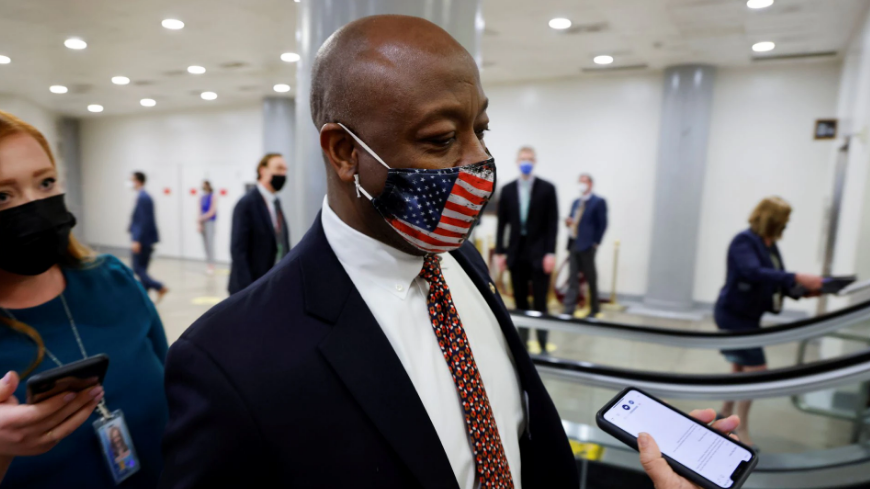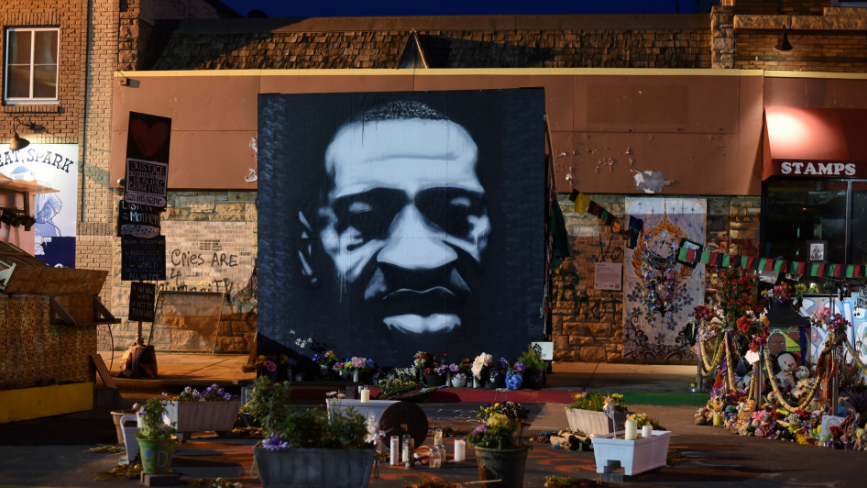
U.S. Senator Tim Scott speaks with reporters as he transits the subway system beneath the U.S. Capitol in Washington, D.C., U.S. April 27, 2021. /Reuters
U.S. Senator Tim Scott speaks with reporters as he transits the subway system beneath the U.S. Capitol in Washington, D.C., U.S. April 27, 2021. /Reuters
A bipartisan group of U.S. lawmakers said on Thursday they had reached an agreement on a framework for a policing reform bill, after weeks of talks.
"There is still more work to be done on the final bill, and nothing is agreed to until everything is agreed to," Republican Senator Tim Scott, Democratic Senator Cory Booker, and Democratic Representative Karen Bass said in a joint statement.
"Over the next few weeks, we look forward to continuing our work toward getting a finalized proposal across the finish line."
They provided no additional details on their points of agreement.
White House spokesperson Jen Psaki said in a statement that President Joe Biden was grateful to the three lawmakers for their work and looked forward to "collaborating with them on the path ahead."
Bipartisan talks on policing were resurrected around the time of the April 20 conviction of former Minneapolis police officer Derek Chauvin for murdering George Floyd. A year earlier, previous efforts for police reform stalled in Congress.

Offerings are left at George Floyd Square in Minneapolis, Minnesota, U.S., May 21, 2021. /Reuters
Offerings are left at George Floyd Square in Minneapolis, Minnesota, U.S., May 21, 2021. /Reuters
A sticking point in policing reform talks had been the issue of qualified immunity.
Qualified immunity protects police officers and other types of government officials from civil litigation in certain circumstances, allowing lawsuits only when an individual's "clearly established" statutory or constitutional rights have been violated.
Unions for police officers and sheriff's departments had opposed the changes to qualified immunity made in the House bill.
Civilians currently face onerous legal barriers to try to hold police departments or municipalities accountable for civil rights violations.
According to Supreme Court precedent, civilians typically must show that official policies or certain customs were the "moving force" behind their injuries, or that the officer had been improperly trained. Courts often dismiss those claims, citing an absence of evidence.
Source(s): Reuters

